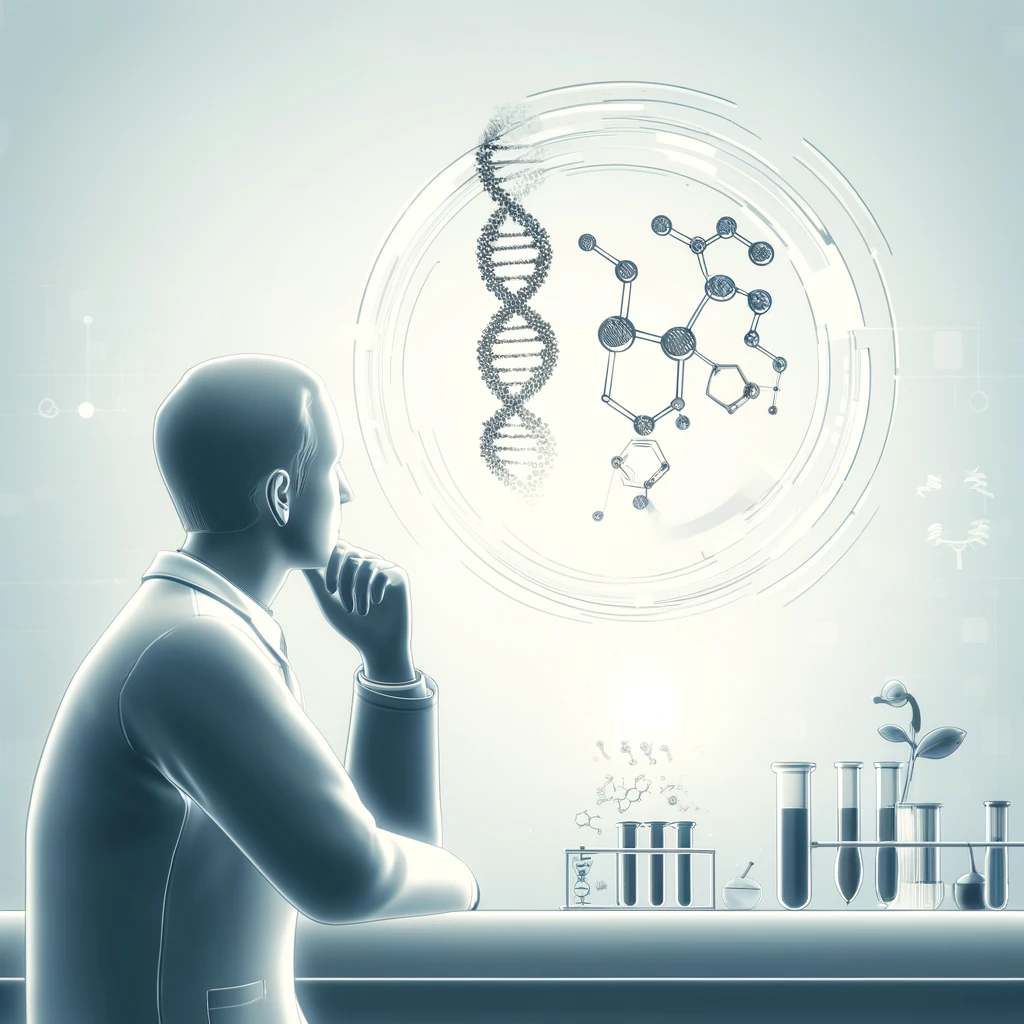Safety Pharmacology (SP) is essential in the early phases of drug development for evaluating the potential side effects of new drugs on crucial body systems. Over time, SP has expanded to include a variety of methods and approaches. In the context of Precision Medicine (PM), which tailors treatments to specific patient groups, SP ensures the safety of drugs designed for particular subpopulations. It’s important to note that safety evaluations for precision medicine treatments differ from those for traditional drugs.
For instance, SP studies for cell therapies need to take into account the distinct properties of these treatments. In gene therapies, SP focuses on the safety concerns related to the delivery of genetic material using viral vectors. For therapies like CAR-T cells, which involve editing the human genome, SP addresses the specific safety challenges of these advanced techniques.
Precision medicine also contributes to SP by identifying specific biomarkers that help monitor safety and predict possible toxic effects. These biomarkers improve our understanding of drug mechanisms, aid in selecting appropriate candidates for clinical trials, and inform regulatory decisions. Furthermore, precision medicine has led to the development of innovative SP methods, such as creating tiny, lab-made models of human organs (spheroids, organoids, organ-on-a-chip) that mimic human responses more closely.
These personalized models are particularly promising for evaluating drug safety and effectiveness on an individual basis, paving the way for more personalized approaches to disease prevention and treatment. There is a consensus among experts that SP guidelines need updates to reflect these advances in precision medicine, with collaborative efforts likely to drive significant improvements in drug development and healthcare.


